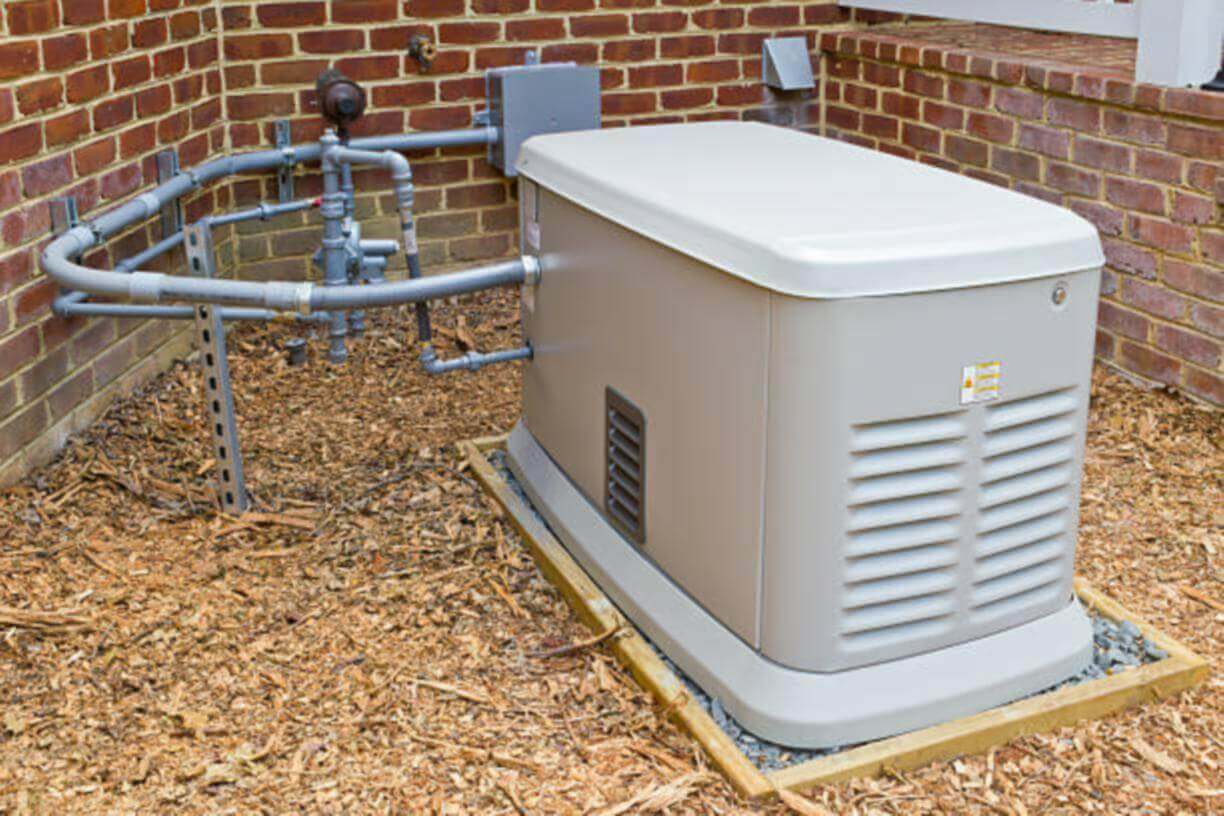
Several cities across the country are already experiencing snowfall. With dropping temperatures, reports of snow, and the winter months quickly approaching, it’s time to talk generators.
Generators are a great, short-term solution to any power outage. Thunder-, ice-, and snowstorms are no match for a good generator that can keep you and your family warm and well-lit. Choosing the right generator is the first step to preparing for the worst. But after you recover from the initial sticker price, you have to figure out how to use it.
Here are our top 10 tips for using a generator safely.
- Use the right size. Make sure you have the right generator for how often you’ll need it and how much power you need it to supply to your home. You’ve probably already done this, but it’s worth mentioning again. Having the correct size generator prevents overloading, overheating, and short-circuits.
- Keep it dry. Always store and operate your generator on a level surface and in a dry place. DIY a tent, or purchase water-proofing supplies specifically for keeping your generator dry. Never operate it in wet conditions without protecting it.
- Store your fuel safely. Use an approved safety can to prevent corrosion and leaks. Keep your fuel out of living areas. Never store your fuel next to a fuel-burning appliance. Fuel plus fuel-burning appliances means more potential for fires.
- Have the right accessories. Make sure you have heavy-duty, outdoor-rated extension cords in perfect condition. Inspect them regularly for exposed wiring or other problems. Always use extension cords with a grounding pin (that’s that third prong—and now you know what it’s actually called).
- Save up for a transfer switch (if you don’t already have one). A transfer switch safely connects your generator to your home without worrying about extension cords. They prevent overloading and protect utility workers from electrocution when they’re working to get your power back.
- Set it up correctly. Turn off all power at your circuit breaker to prevent overloading when the power returns. Turn the generator on and plug your appliances directly into the generator, or use those extension cords we talked about. Never plug your generator directly into your home, unless an electrician has cleared you to do so. This causes “back feeding” of the electrical current, which will kill someone. To be clear, we’re not exaggerating the risk.
- Keep proper ventilation at all times. Never use a generator indoors, including garages, workshops, or basements. Keep the generator outdoors at least 20 feet from any vent, door, or window. Point the engine exhaust away from your home. Keep a 5-foot distance between the generator and surrounding surfaces.
- Beware of carbon monoxide poisoning. This is nothing to mess with. Carbon monoxide (CO) can kill you, your family, and your pets within minutes. If you feel lightheaded, dizzy, or very sleepy, go outside and call emergency services. Opening windows or doors doesn’t adequately vent your space and won’t remove the CO from the air. Install CO alarms in your home for extra safety.
- Refuel safely. Turn off your generator and let it cool completely before refueling. Touching a hot generator will result in some nasty burns, and introducing gas to a hot generator is likely to spark a fire.
- Shut it down correctly. Unplug your appliances one-by-one, then turn off the generator. Let the unit cool down completely. If you don’t plan on using the generator for another month, drain the fuel.
- Bonus tip: Don’t wait until you need it. Do test runs, have plenty of gas on hand, have a plan, read the instructions, and inspect your generator regularly. You never want to be caught in the middle of an emergency or outage without the proper set-up and knowledge.
Have more questions about generators?
As your Northwest Arkansas, Fort Smith River Valley & Southwest Missouri electricians, your family’s safety is our #1 priority. We’re here to help, from choosing the right products to maintaining and repairing them. Give us a call today!
We love helping you with your HVAC, Plumbing & Electrical problems, big and small. For more tips and tricks for your home, Subscribe or Follow Us on twitter, facebook, pinterest, youtube, instagram or Submit Email.

